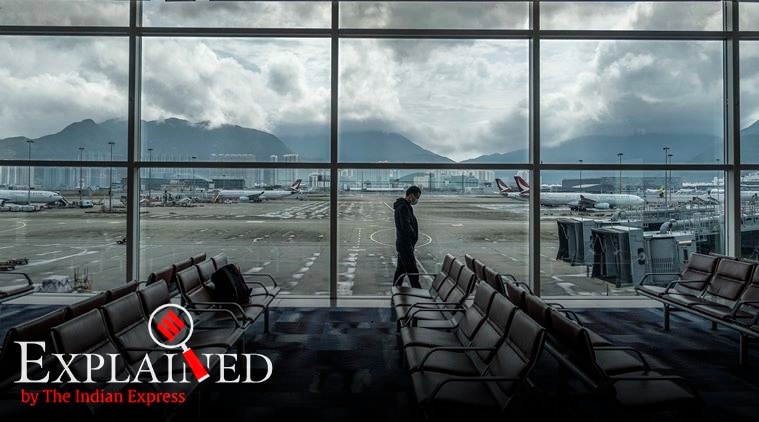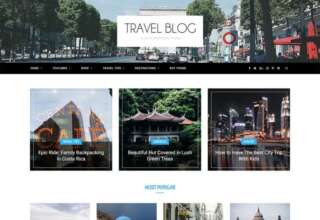
The Baltic countries of Estonia, Latvia, and Lithuania on Friday started what is being referred to as a ‘travel bubble’ to help put their economies back on track post-Covid lockdowns.
With the pandemic throwing both international and domestic trade and travel out of gear since earlier this year, such ‘travel bubbles’ are now being recommended to keep at least parts of the global economy afloat.
The three European Union (EU) states, who have launched this measure, have so far remained comparatively unscathed by the virus, recording less than 150 combined Covid-19 deaths as of May 17.
What is a travel bubble?
Creating a travel bubble involves reconnecting countries or states that have shown a good level of success in containing the novel coronavirus pandemic domestically. Such a bubble would allow the members of the group to rekindle trade ties with each other, and kickstart sectors such as travel and tourism.
According to a report in The Economist, potential travel bubbles among better-performing countries around the world would account for around 35 per cent of the global GDP. Such arrangements are especially being favoured by smaller countries, who are likely to benefit after being able to trade again with larger partners.
In the Estonia-Latvia-Lithuania travel bubble, residents would be able to travel freely by rail, air, and sea without quarantine measures. All three are sparsely populated (Lithuania- 28 lakh, Latvia- 19.2 lakh, Estonia- 13.3 lakh people) and have been fairly successful at managing the outbreak.
Those wanting to enter this corridor from countries outside would first have to go into isolation for 14 days. To be able to freely travel in the zone, one should not have travelled outside the three countries in the past 14 days, should not be infected with coronavirus, and should not have come in contact with anyone who has been coronavirus infected.
As per a BBC report, the Baltic economies are expected to shrink by 8 per cent this year.
Where are other such bubbles expected to start?
On May 5, Australia and New Zealand reached an agreement to form a travel bubble between the two countries once it becomes safe to operate flights between them. Both have had success in suppressing the pandemic domestically. Once it opens, the trans-Tasman zone will allow travel without a quarantine period.
China and South Korea, who have also enjoyed success in containing the outbreak, have launched a fast track channel for business travellers.
In the US, travel bubbles are being suggested to group states who are faring well against the pandemic, but constitutional challenges are also being cited as a possible roadblock for such plans.
source: indianexpress















